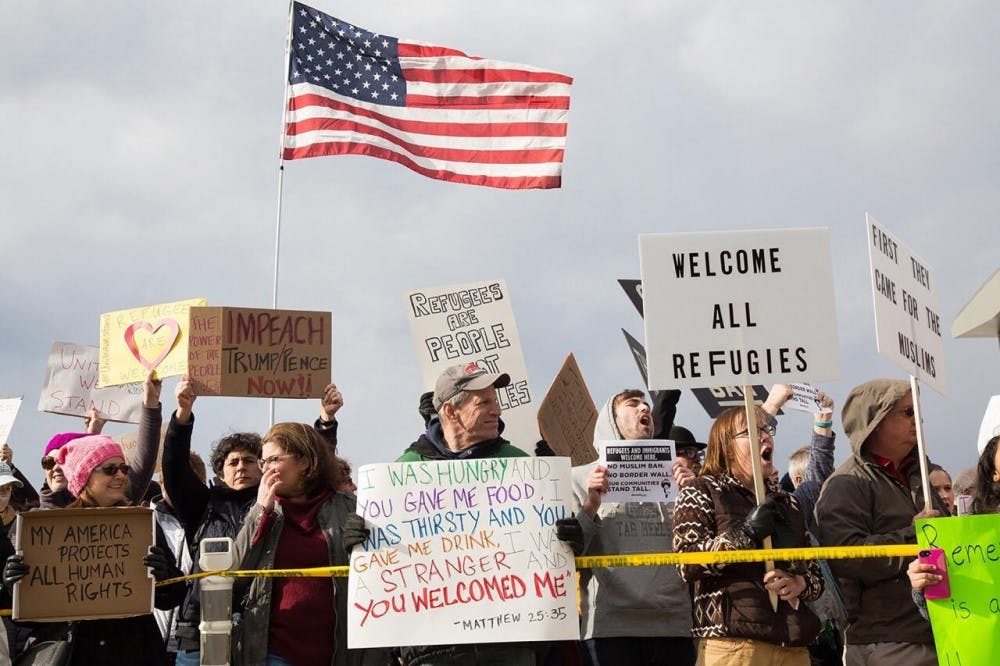On Sept. 24, President Donald Trump announced an executive order placing new travel restrictions on eight countries: Iran, Libya, Somalia, Syria, Chad, Venezuela, Yemen and North Korea.
Isaac Unah, a political science professor at UNC, has research and teaching interests in judicial institutions, public policy and bureaucratic behavior. Staff writer Blake Weaver asked Unah about the new executive order.
The Daily Tar Heel: Please explain the ban generally.
Isaac Unah: The recent travel ban essentially does a couple of things. One is that the administration added three more countries to the list of countries for which there are going to be restrictions of their citizens traveling to the United States. The three countries added are North Korea, Venezuela and the country of Chad, which is in the western part of Africa. I should also mention that the administration took out from the original list of countries the nation of Sudan, which is kind of surprising to a lot of people.
DTH: What is the difference between this ban and the previous bans?
IU: So it is unclear why Chad was actually included. Obviously, that is something that will have to be fleshed out in due course. The addition of Chad is just kind of strange. If there is any different element in the overall program of preventing certain individuals from coming into the United States, I think the Chadian dimension is the most different to actually fathom.
DTH: What is the rationale for selecting these nations?
IU: I’ll just go by what the administration says: their explanation is that these countries have not provided adequate information to U.S. authorities about what they are doing to actually make sure that their citizens traveling to the United States will not pose a security risk.
DTH: Has there been hostile action from individuals from these countries (North Korea excluded)?




